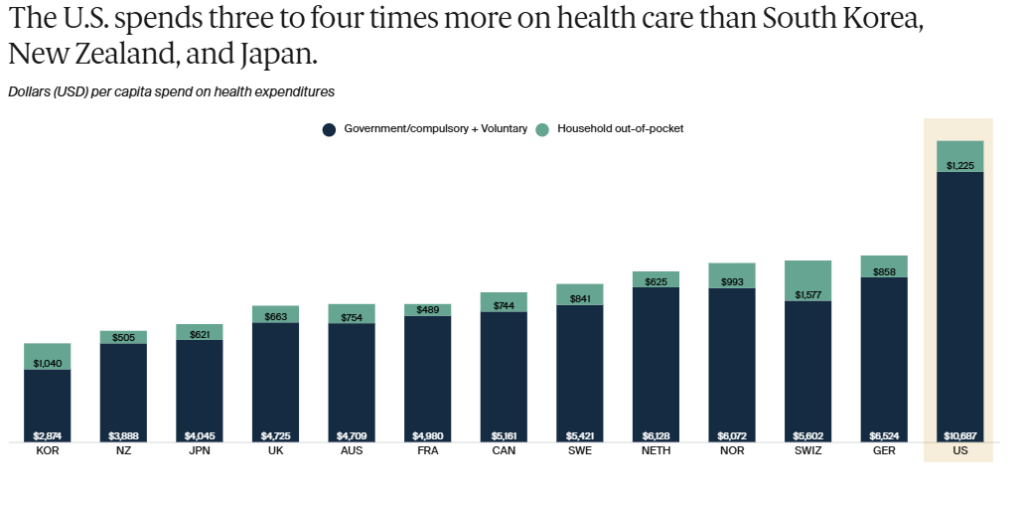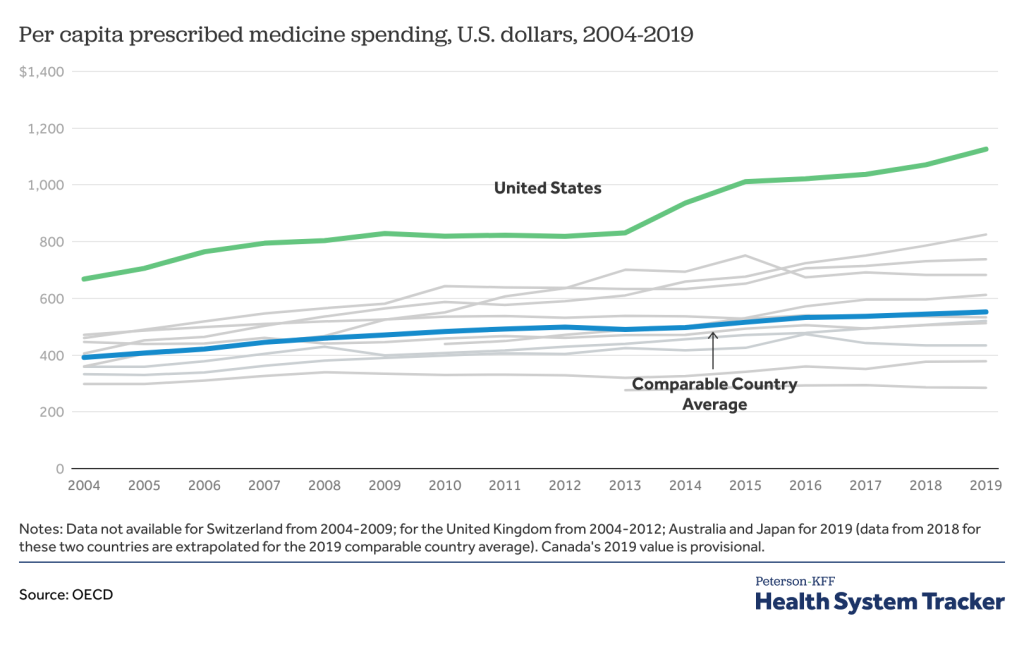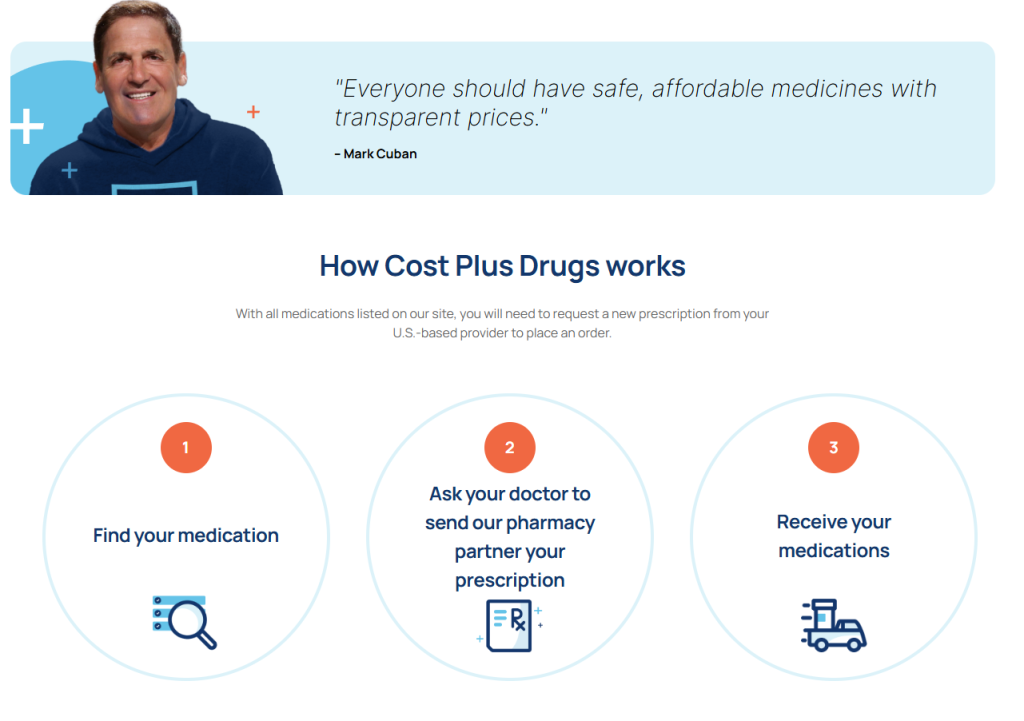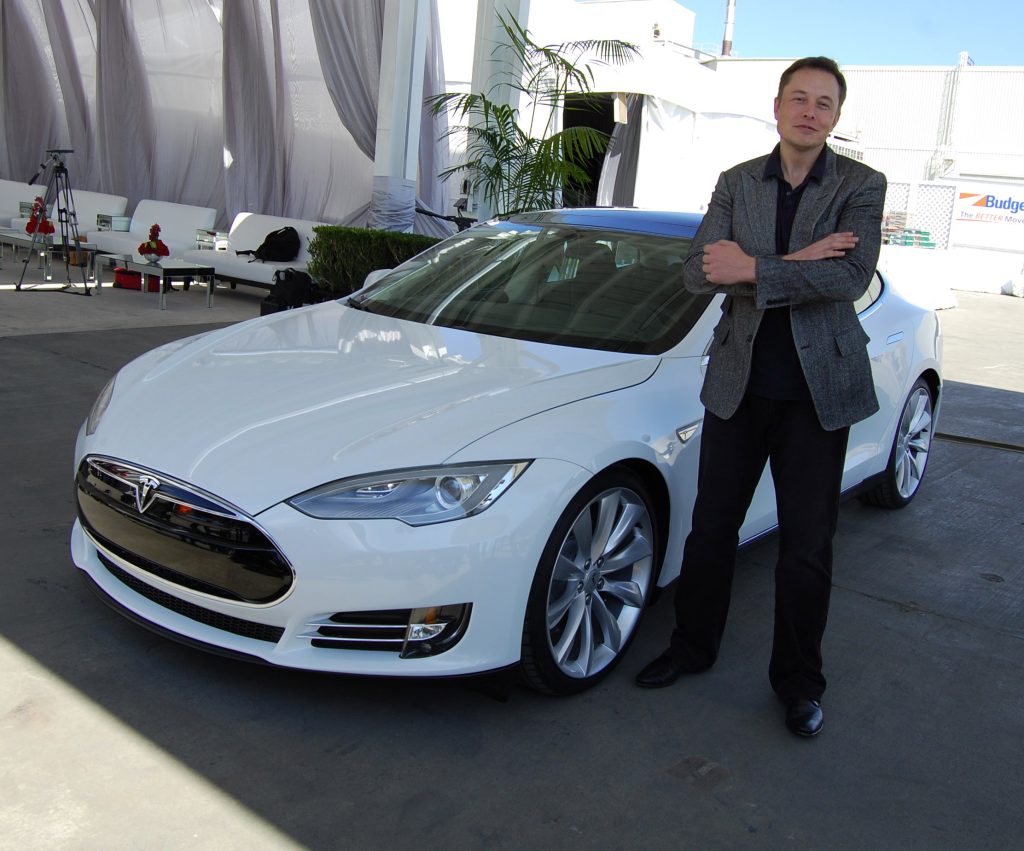Mark Cuban recently called out Elon Musk on healthcare costs, pointing out how self-insured companies like Tesla, SpaceX, and X might unknowingly contribute to the problem through poorly negotiated contracts with Pharmacy Benefit Managers (PBMs). While Musk posed the question of whether Americans are “getting their money’s worth” in healthcare, Cuban highlighted that the issue isn’t about value—it’s about cost. Americans are not just overpaying; they’re being trapped in a system that drives prices up unnecessarily.

The U.S. Spends More, Gets Less
Healthcare in the United States is the most expensive in the world. According to the OECD Health Statistics Report, Americans spend nearly $12,500 per person annually on healthcare, far more than any other developed nation. In comparison:
- Germany spends about $7,300 per person.
- Canada spends roughly $6,000 per person.
- The United Kingdom spends only $5,400 per person.
Despite this, health outcomes in the U.S. are worse. Life expectancy is lower, infant mortality rates are higher, and chronic diseases are more prevalent compared to these countries. One major reason for the excessive costs is prescription drug prices, which are nearly 2.5 times higher in the U.S. than in other developed nations.

Cuban Knows Where the Money Goes
Mark Cuban’s argument centers around Pharmacy Benefit Managers (PBMs), middlemen who manage prescription drug benefits for insurers and employers. Cuban points out that CEOs of self-insured companies, like Elon Musk, often sign contracts with PBMs that:
- Lack transparency: PBMs keep rebate data and pricing opaque.
- Overcharge for “specialty” drugs: These drugs are often not special but come with inflated costs.
- Harm independent pharmacies: PBMs reimburse pharmacies at rates lower than their costs, forcing many to close.
- Increase out-of-pocket costs: Rebates negotiated by PBMs often benefit the PBMs themselves while raising co-pays and deductibles for employees.
Cuban argues that CEOs must break these contracts, adopt pass-through PBMs that charge flat fees instead of inflating prices, and work directly with drug manufacturers to lower costs for their employees.

Musk’s Oversight: Focusing on Value, Not Costs
When Musk asked if Americans are “getting their money’s worth,” he was addressing the perceived inefficiencies in the U.S. healthcare system. However, the real question is why the system costs so much to begin with. According to the Commonwealth Fund, prescription drugs in the U.S. alone account for nearly $1,300 per person annually, compared to an average of $600 in other developed countries.
By focusing on “getting value,” Musk overlooks the fundamental problem Cuban highlights: the role of PBMs and their opaque contracts in driving up costs. As Cuban said, CEOs who manage self-insured companies hold enormous influence over healthcare spending. By fixing contracts with PBMs and taking control of their healthcare claims, CEOs could lower costs for their employees without needing government intervention.

Cuban’s Solution: Real Action Over Rhetoric
Cuban has put his money where his mouth is. Mark Cuban’s Cost Plus Drug Company bypasses PBMs entirely, providing generic medications directly to consumers at a transparent markup (a 15% flat rate). This model shows how eliminating middlemen can dramatically reduce costs. For example:
- A generic leukemia drug that costs $9,657 at a traditional pharmacy costs just $47 through Cuban’s company.
- A popular diabetes medication priced at $1,502 drops to $46 through his platform.
If Musk truly wants to revolutionize healthcare as he has with cars and rockets, he needs to listen to Cuban. Direct contracting with providers, adopting transparent PBMs, and pushing for market clarity could save billions in healthcare costs and improve quality of care for millions of Americans.

Americans Deserve Better
Mark Cuban’s deep understanding of healthcare costs exposes a reality that Elon Musk, for all his innovation, seems to miss. Americans are not failing to “get their money’s worth”—they are spending far too much due to a broken system dominated by PBMs and opaque contracts.

If CEOs like Musk take Cuban’s advice and start tackling these issues, they could change not just healthcare costs for their employees but the entire healthcare system for the country. And that’s something worth far more than the cost cutting measures the new administration is looking to implement.





